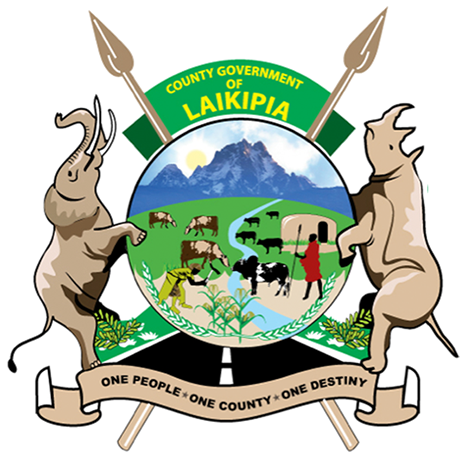Free Trade Area Beckons...
Ten member counties of the Central Kenya Economic Bloc (Cereb) have agreed to form a free trade area to grow the region's Kshs 2.7 trillion economies by five percent in the medium term.
At the end of the two-day meeting on Friday, technical officers resolved to develop protocols to expand markets and reduce the cost of doing business for goods and reduce the cost of doing business for goods and services originating in the ten counties.
This is an unprecedented move by any of the economic blocs which were formed soon after the advent of devolution.
The objective is to raise the market share of goods and services originating from within the bloc to grow the region's trade by Kshs. 130 billion to begin with.
The CEREB counties include, Laikipia, Nakuru, Kiambu, Murang'a, Nyeri, Kirinyaga, Meru, Nyandarua, Embu, and Tharaka Nithi.
The specific tariffs being negotiated include distribution fees for manufactured goods, transit, and market cess/fees for mining and agricultural goods.
Propose
The team will propose to their respective County Executive Committees to develop CEREB Common Trade Policy and Bill to guide decision-making on ease of doing business by February 2022.
It also proposed to review and harmonize the licensing regimes, the definition of terms, rates, and units of measurement/assessment; consider reduction and/or waiver of distribution fees and branded vehicles selling manufactured goods originating from a member County. The proof of origin will be a single business permit issued by a CEREB-member county government.
Also for consideration is the reduction and removal of cess and all levies on agricultural products originating from member counties based on a traceability system to prove they are from a member county. There is also an effort to remove restrictions for transporters of passengers and goods operating within member counties provided the business has a business permit originating from a member county. The transporters will pay parking fees.
Protocol
The County Executive Committees are also expected to consider a structure for sharing revenues to compensate for revenues lost from these concessions and effect these resolutions in the CEREB-member counties beginning with Finance Bills for 2021/2022. To recommend the concessions, Finance CECMs will integrate their revenue management systems to verify the origin of the beneficiary businesses. To constitute sectoral technical meetings which will lead stakeholder engagements to work out details of the implementation of aforementioned recommendations. The committee is expected to be constituted immediately.
Negotiations
The team hopes to complete negotiations for protocols covering all other sectors within 24 months.
The counties will plan to sign a protocol that will waive licenses and fees for producers and manufacturers, and service providers provided the firm is licensed by another member county on a reciprocal basis. For instance, Kiambu traders who get hay from Laikipia will only have to pay cess only to Laikipia.
If you have a single business permit for manufacturing in Kiambu, you will not need to pay for a distribution the license in Nakuru or any other member county.
explains Githuku Mwangi, senior economic advisor, Laikipia County.
Other protocols will cover trade in services such as transport and ICT. Among the major beneficiaries will be public service transport Saccos operating within the bloc to be allowed to operate without restrictions within the bloc.
The expected outcome is accelerated growth and retention of income generated by businesses originating in the counties commencing October 2021.
(Published by ICT | Source: Laikipia Weekly Bulletin Issue 0061).
